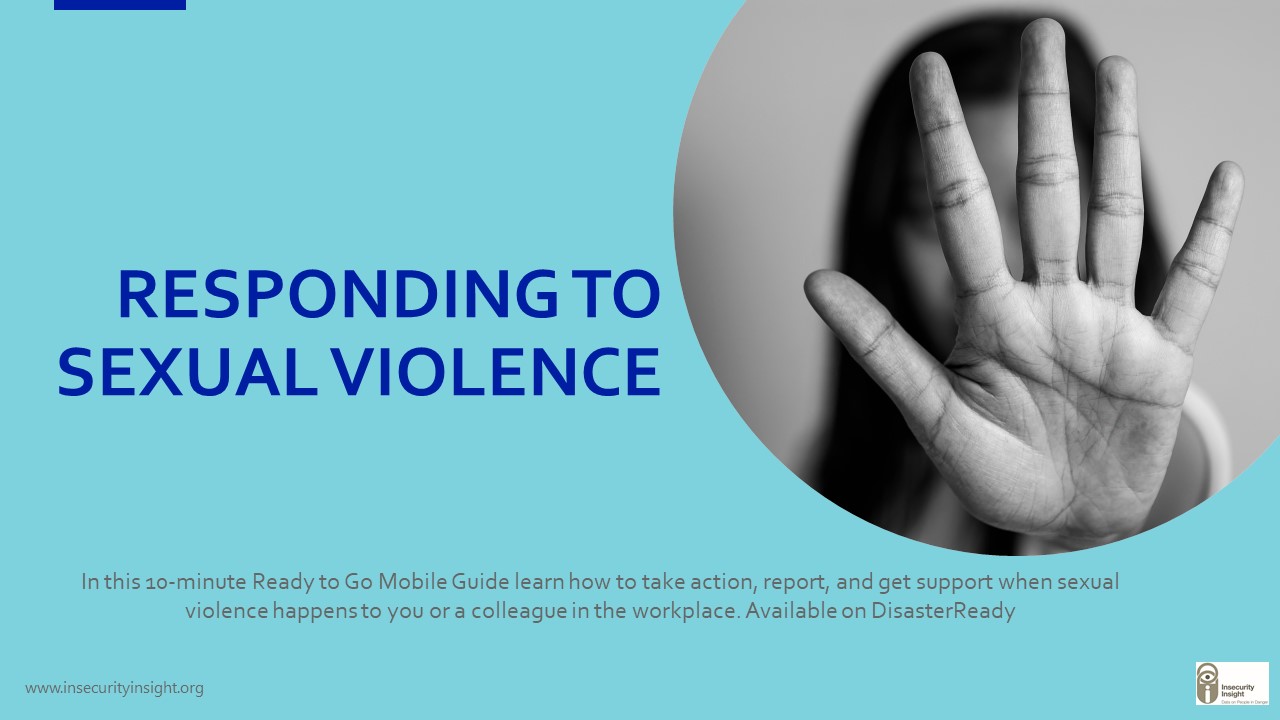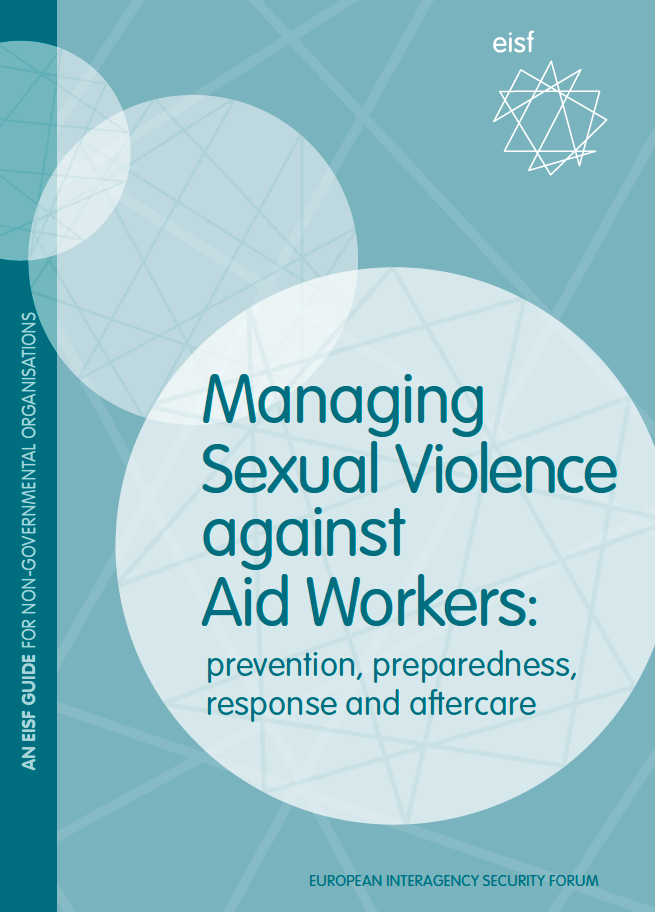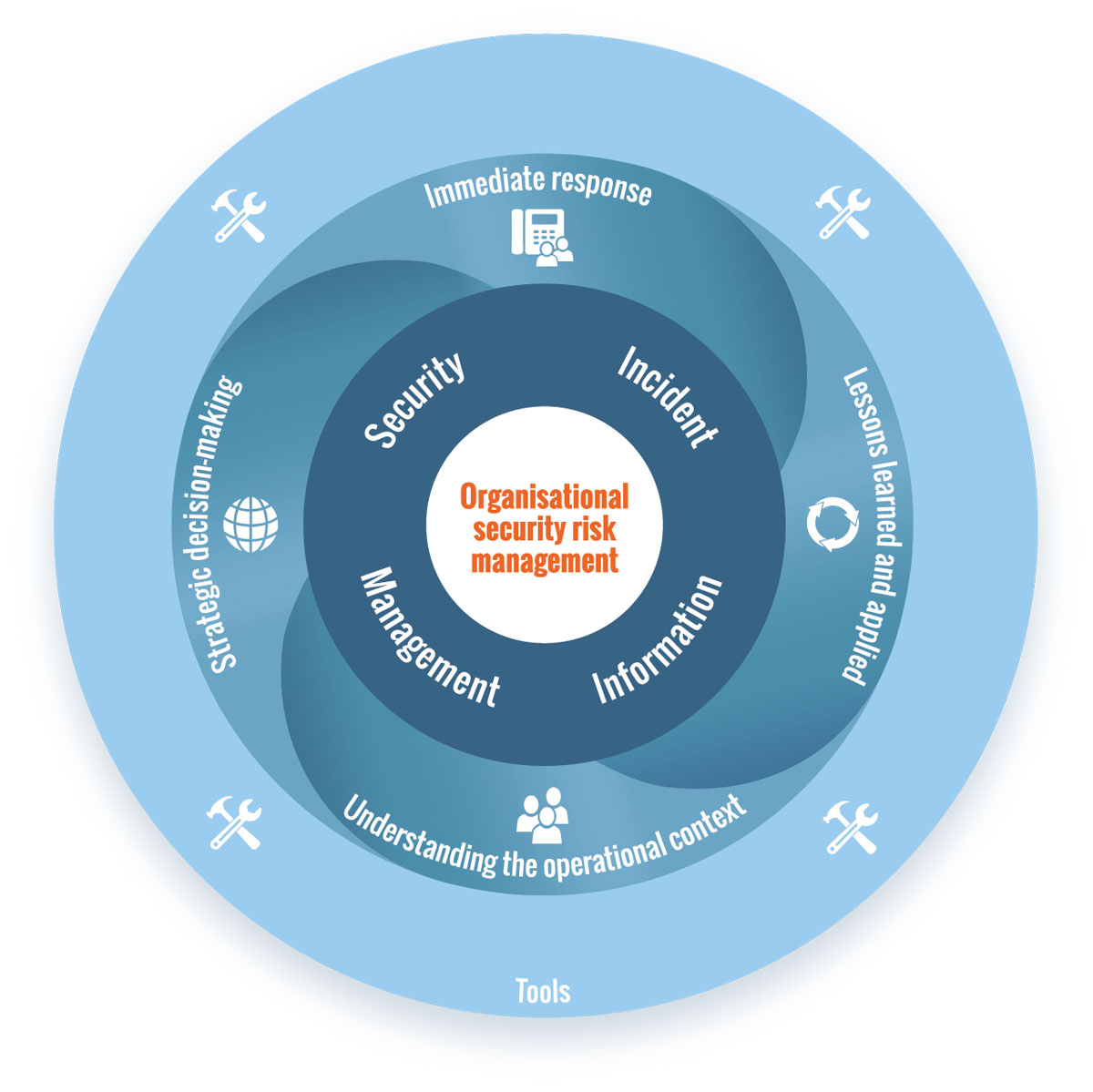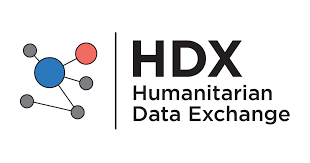Unequal power relationships contribute towards exploitation and abuse. There are many unequal power dynamics at play within humanitarian settings.
The aid workplace is hierarchical as are the relationships between aid workers and beneficiaries. There has been an increase in reporting of sexual violence in humanitarian settings. However, many cases often go undetected and unreported.
Humanitarian organisations have a responsibility to safeguard beneficiaries of their services as well as their personnel from harm, including from sexual exploitation, abuse and harassment. Humanitarian organisations have a duty of care to provide a safe working environment for their staff and to ensure that effective safeguarding mechanisms are in place.
Sexual violence in all its form violates human rights. Incidents of this kind are deeply distressing for the survivor, their family, their colleagues and the whole aid community. Sexual violence incidents also have the potential to leave survivors with lifelong physical and mental health problems.
Latest News
Our ‘Responding to Sexual Violence in the Aid Workplace’ mobile guide can help you take action, report, and get support when sexual violence and abuse happens to you or a colleague. This mobile guide is now available in Arabic, French, Polish, Russian and Ukrainian.
Country Profiles
We have developed a series of country profiles which analyse patterns and dynamics of conflict-related sexual violence. Our profiles focus on the perpetrators of sexual violence, including the number involved in separate attacks, as well as analysis on the attack location and context. Find out more here.
Insecurity Insight data on ACLED
We share our sexual violence in conflict datasets with the Armed Conflict Location & Event Data Project (ACLED). These events are cited as Insecurity Insight on the ACLED database.




